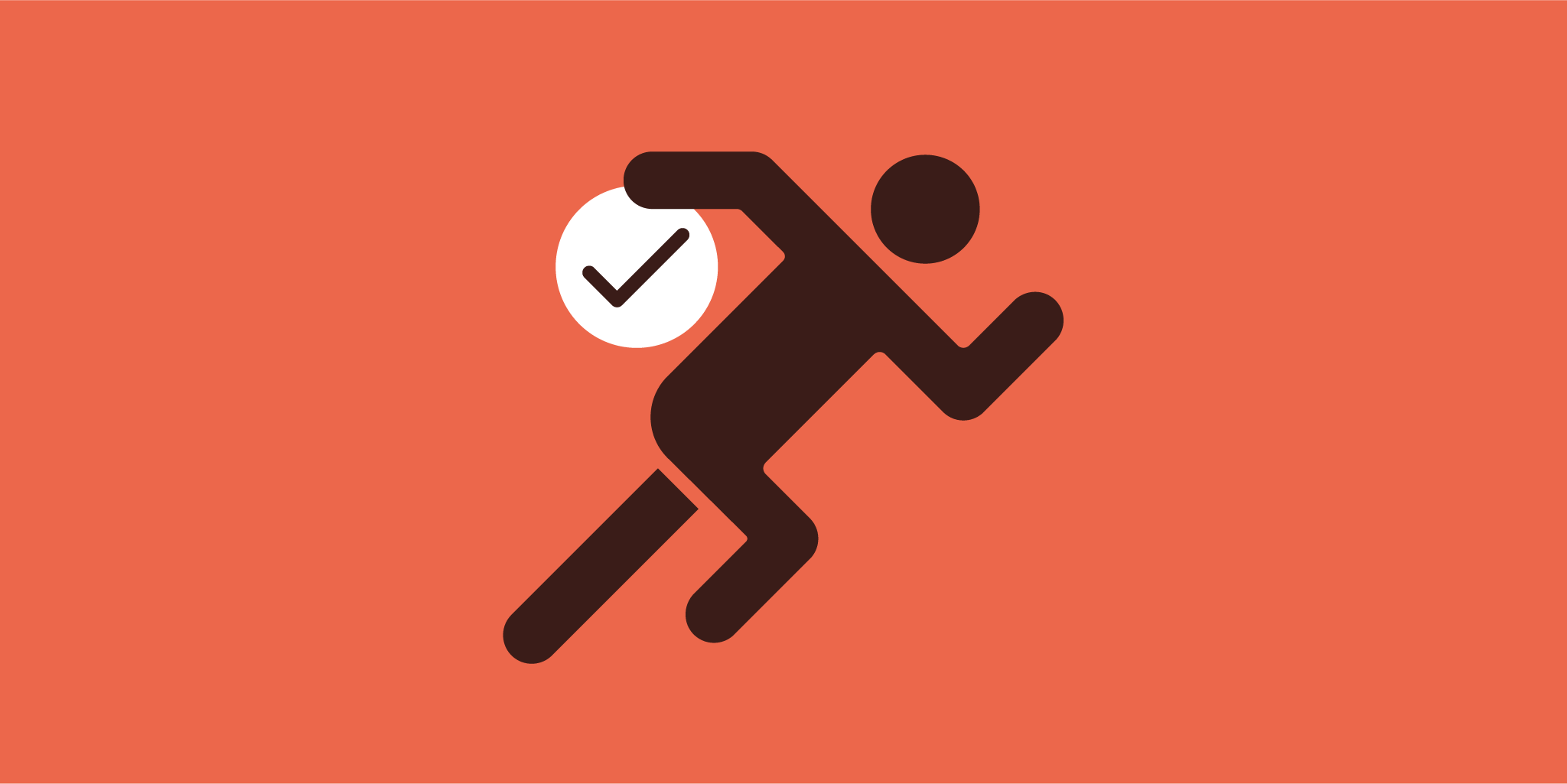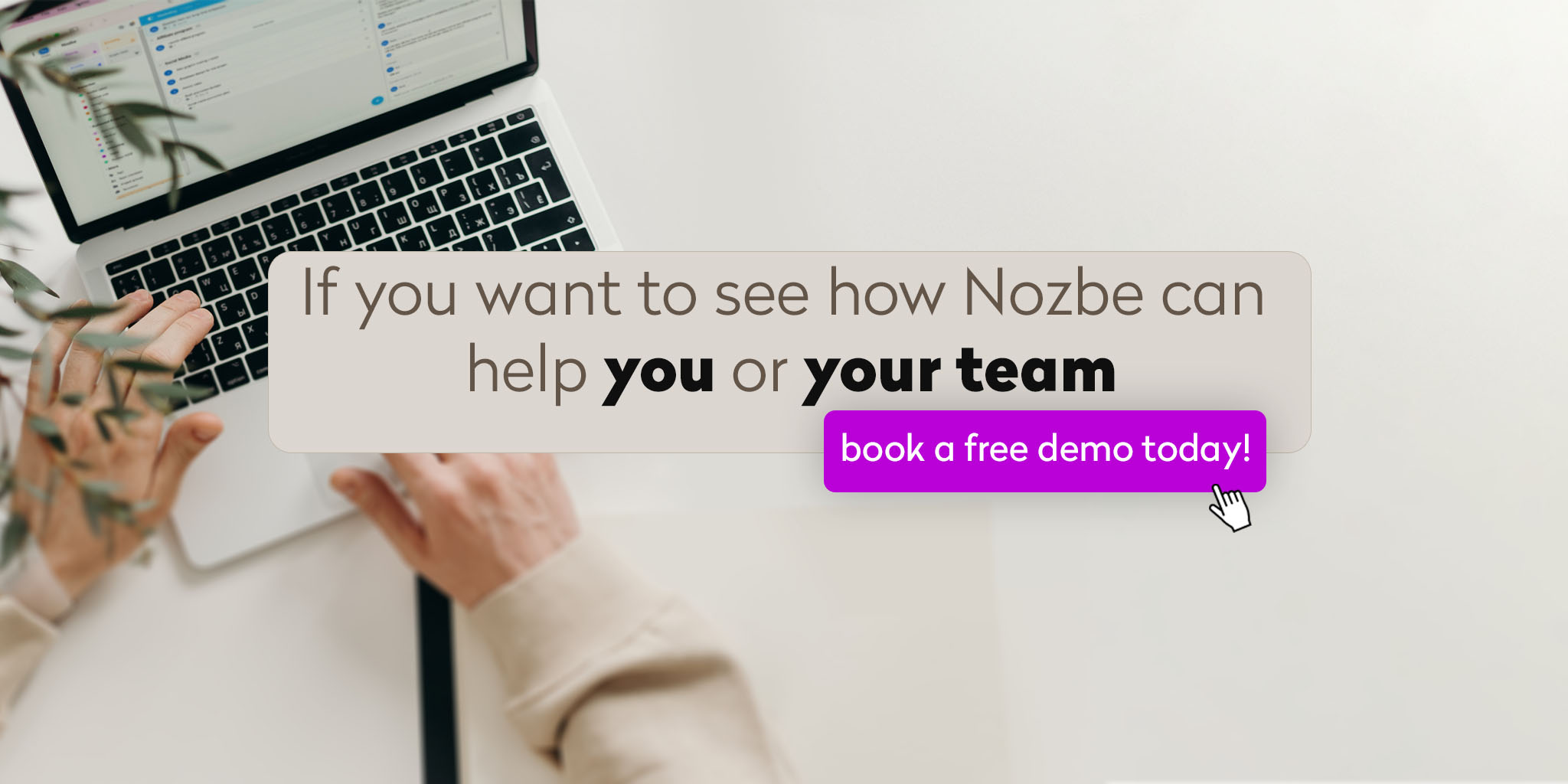
Either at our job or in our private life, we are always surrounded by energy thieves that break our balance. They work underground, so the stealing is hard to perceive. Let’s dive into the most frequent types of behaviors that steal people’s energy.
1. Surrounding with negative people
Complaining is one of the most dangerous attitudes because it is full of negative energy. Usually, complaining is toxic and it is not used to solve the problems, but to immerse into them, making people direct their energy in useless things. So, before adopting such an attitude, think about solutions. Don’t focus on problems, but on how to solve them.
Also, let go of people who only share complaints, fears, and problems. Negative people break off your emotional balance and induce negative vibes. They poison your atmosphere, sow discord or change your good mood.
Toxic people also push you to work harder to please them, making you compromise more and more. This drains your energy. Be more careful with what you will tolerate and what you won’t from the people around you, whether it is about your family, friends or colleagues. If you get a sense that something is not right in your interactions with someone, analyze the situation and take the necessary measures to create clear boundaries.
Let go of these people and surround yourself with loving people, who are part of you and love you sincerely. People who make you feel alive and free to be yourself have a positive influence in your life.
2. Postponing and avoiding decision making
Postponing continuously is not healthy because it provides unnecessary stress to your daily activities. It is more stressful to always remember something you have to do than to deal with it and carry it out. When you delay something from occurring, you hinder the progress or benefit that that action may bring to you. In specific situations, postponing things may help you better prepare or avoid doing something that lacked purpose in the first place. Postponing important decisions drains off our energy because turns us into a state of uncertainty and malaise. Get rid of your internal battles, take the best decision you can and assume it regardless of the consequences.
Make sure you won’t make decisions when you are in a bad mood, wait to be calm and objective so you can better analyze the situation. Also, assume that you can fail. In the end, it’s better to make mistakes and try to repair them than not to do anything at all and suffer for the indecision.
3. Working continuously
Offer to yourself time for rest. Daily routine, even if it doesn’t contain extraordinary activities drains off our energy. The day to day life is made up of time, but we often forget about our inner fullness, tending to become the slaves of the time. That’s why having time for rest is important, both physically and psychologically.
It is very important to know when to get out of the daily loop of activities to take a break and when to act. The ability to relax is essential in preventing stress and anxiety. If we don’t value ourselves and our inner essence, we lose our self-love. We open the door to states of anxiety and depression and block the door to the best version of ourselves. The stress makes our muscles tense, increases our respirations rates and affects our physiological systems.
4. Being disorganized
Being disorganized is unhealthy because it consumes your energy and time and gives us a feeling of uncertainty and disorganization in our brain, leading to exhaustion. To better use your energy, you need firstly a spiritual order. Think about a hierarchy of values and priorities in actions as they enhance harmony in your life.
You need to work on different levels, starting by organizing yourself mentally and then continuing by organizing your home and office life.
Determine the cause of your lack of organization and consider what needs to be organized. A good idea is to think about the most stressful things for you to accomplish. Consider your work life, friendships, and family life. Build up a to do list, choose one thing to focus on and then move on another thing. Make a relevant planning and track your evolution.
Another level is to better organize your space. Find a place for everything and keep track of a very specific location for everything in your home and office.
Get rid of things you no longer need. Sort through the things and determine how useful they are to you. If you haven’t used them for a long time, don’t use them frequently, don’t need them or don’t like them anymore, get rid of them. Also, avoid bringing in more unnecessary stuff. Organizing your stuff makes you feel better, clears your mind and provides you with positive energy.
After setting all these aspects, you may proceed further and organize your days, depending on your priorities. People tend to spend a lot of time on things that are urgent, but not important. In order to succeed, it is important to stay focused on important things and not waste your energy and time on anything else.
5. Fighting against things you cannot control
Accepting the things as they are is good for our mental and physical health. Resisting or fighting against situations that you cannot change involves an extra effort and consumes a high amount of energy. Be aware that you can overcome it and do all your best to adapt yourself to the new situation.
Of course, you don’t have to accept everything, you should do your best to change the things you have control over. Resign if you don’t have control over certain things and get rid of useless stones in your path.
6. Emotional dependence
Emotional dependence is a complex condition that most of the people are not conscious of. Behind the dependence is usually an extreme fear derived from how you perceive yourself and your abilities or how you relate yourself to others. Generally, there are three types of emotional dependence: of the family, of the couple and on the social environment. Persons who are emotionally dependent think that if they broke or lacked certain bonds, they would be in danger.
Overcoming emotional dependence is a matter of time and requires some effort. Practice the detachment of everything and everyone so you don’t suffer more than necessary. Detachment does not mean not to love. Love means leaving the other person free, knowing that at any given time that person might abandon you. Clinging to persons and things is unhealthy as it generates addiction and makes you lose your energy instead of directing it in self-improvement.
7. Excessive worries
Worry is a normal part of our life and can have the potential to help us make good decisions in specific situations. People often worry about things in their lives such as work, family, finances etc. People tend to react to the image that they themselves have created in their minds instead of reacting to the situation itself. So, they create scenarios about what might happen and that brings them useless stress and anxiety.
When you worry, your body responds to your anxiety the same way it would react to physical dangers. Your brain releases stress hormones such as adrenaline and cortisol that get your body ready for action.
Excessive worries are unhealthy regardless of the context. If they are uncontrollable or irrational and last for an extended period of time, they may cause Generalized Anxiety Disorder. Excessive worry also disturbs your peace of mind and makes harder for you to focus on one task at a time. It translates into insomnia, loss of libido, depression and the list may go on. Chronic worrying affects our daily life and interferes with our appetite, lifestyle habits, relationships, sleep and job performance. Many people tend to seek relief in harmful habits such as overeating, smoking or consuming drugs or alcohol.
If you deal with excessive worries that may develop into Generalized Anxiety Disorder, it is better to seek professional help. The cognitive behavioral therapy has proven to get the most consistent and long-lasting improvements. It consists of teaching people some skills to manage their anxiety, taking responsibility for change and control over their thoughts, feelings, and behavior. It is based on identifying and dealing with worrying thoughts and practicing a relaxation training to control physical tension.
A good management of your worries consists of controlling the level of anxiety and solving the problem that is making you anxious. Focus on the here and now, create a concrete action plan and follow it step-by-step, without imagining negative consequences Avoiding threatening situations increases the anxiety, so the best solution is to confront the feared situation.
8. Avoiding refusing others
Avoiding refusing others when you should do this is unhealthy and makes you feel unhappy. You overload yourself with tasks that affect you physically and mentally. You don’t have to feel embarrassed or feared to say “no”.
Saying “no” to others lets you define and protects your boundaries. Boundaries determine who you are and who you are not, what you will do and will not do. Having good boundaries helps keep yourself safe and protects your well-being. It also allows you to think about your values and priorities and make a right choice. Avoid making promises to people if the promise doesn’t appeal to you and refuse it from the start. Your time is precious and you should spend it wisely, without doing things that don’t fulfill your motivation.
Conclusion
Health is the basic pillar that propels our wellbeing and self-development. It involves both physical and emotional parts and manifests itself through our vital signs. Our energy is directly related to our body, that’s why our basic needs must be properly fulfilled. Learn to let go of everything without collecting negative emotions. Learn to forgive yourself and others, free yourself from the past and continue forward in a positive way. Take time for your wounds to be healed, but make sure that this time is not excessive. Live in the present, don’t lose yourself in future plans and take all the necessary changes to improve your life and boost your energy level.





